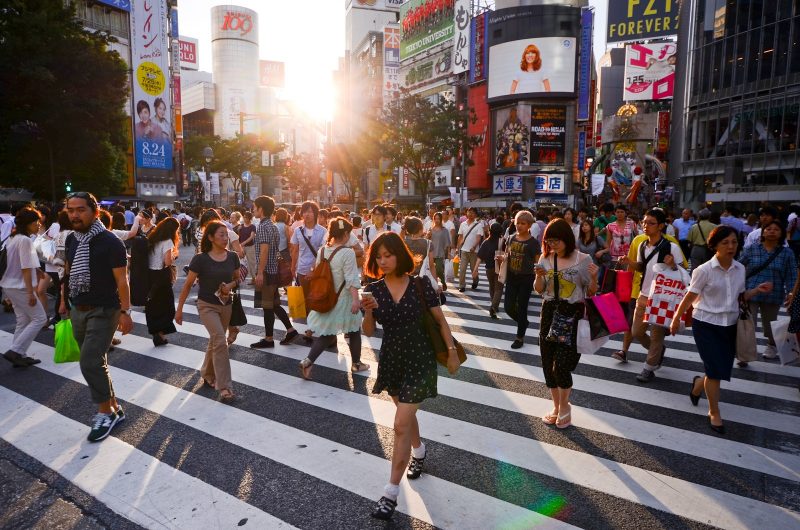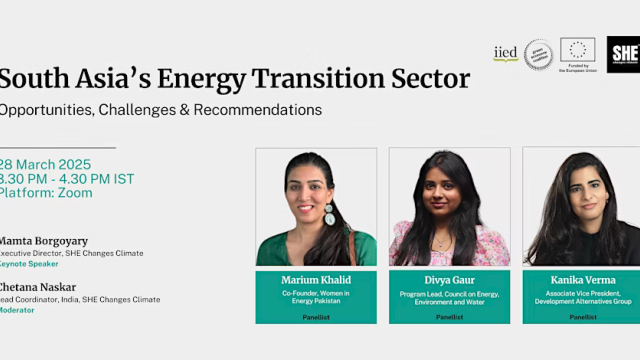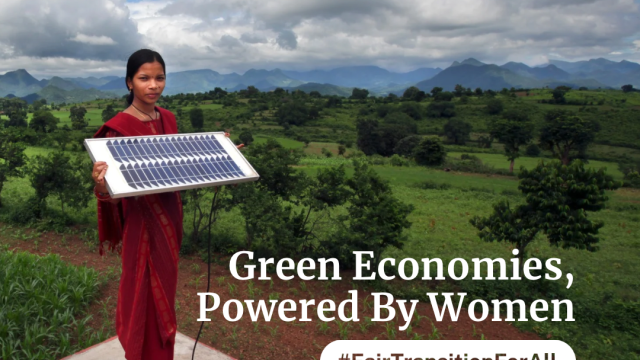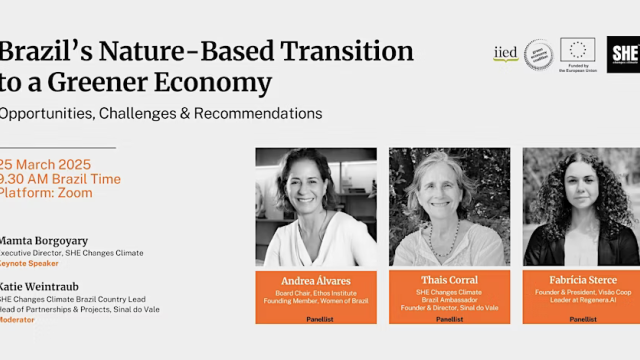Convenor's Update: October 2012

On the 7th October, the eve of the 3GF, founders and friends of the GEC met in Copenhagen to decide on 'what next'? Our members agreed that Green Economy is pushing innovation all over the world and civil society must be an equal co-architect with business and government as it evolves. They agreed that the GEC is helping to keep the dialogue honest, and can be responsive, develop collective knowledge and help members stand together on shared issues. But they also agreed that the next phase for the GEC should also be inspired by a big idea, something that clarifies and galvanises, something that stretches across our varied membership and reaches up to something that no one organisation can achieve alone…
…Here’s a thought. Facebook now has 1 billion users; there are 31 billion searches on Google every month and the number of text messages sent and received every day exceeds the population of the planet. What if all those people were talking about a new way of doing things? What if we could move the conversations about sustainable development out of airless UN conference rooms and into pubs, classrooms and boardrooms around the world?
For those of us concerned about our job security, rising youth unemployment, rising welfare bills, the global recession, then we could talk about ‘green growth’ as a way of punching a hole through the brown economy malaise and inspiring governments and businesses to invest in a different way of doing things. But we must also address the limitations of ‘growth’ for tackling poverty and inequality, or indeed safeguard our ecosystems from relentless consumption.
For those impacted by changing seasons, droughts or floods – particularly the poorest whose livelihoods depend entirely on local ecosystems – we could talk about some of the ways that an economy can recognise, protect and restore our natural world.
For everyone working in and dependent on energy, housing, agriculture, transport, infrastructure, we could see what technological innovations and natural solutions can provide to make these sectors more resilient and able to provide decent work and more secure livelihoods.
For all of us suffering from a finance crisis dominated by institutions that are ‘too big to fail’ and casino-style banking regimes, let’s talk about how to rebuild a system founded on smaller sustainability banks capable of investing in sustainable businesses.
For those of us working on Sustainable Development Goals, alternative GDP metrics and corporate sustainability reporting, then let’s discuss how to tie our economic success more explicitly to our shared development goals - wellbeing and poverty reduction, innovation, resilience, environmental health and improvement.
Sustainable development is relevant to all of our lives (see our big picture). A green economy offers the lens by which to bring it back into mainstream discourse…
So, back in Copenhagen, perhaps our galvanising idea is that we want green economy to hit the mainstream and for us to help inspire, connect and accelerate a global movement. Let us know what you think.
Oliver Greenfield


